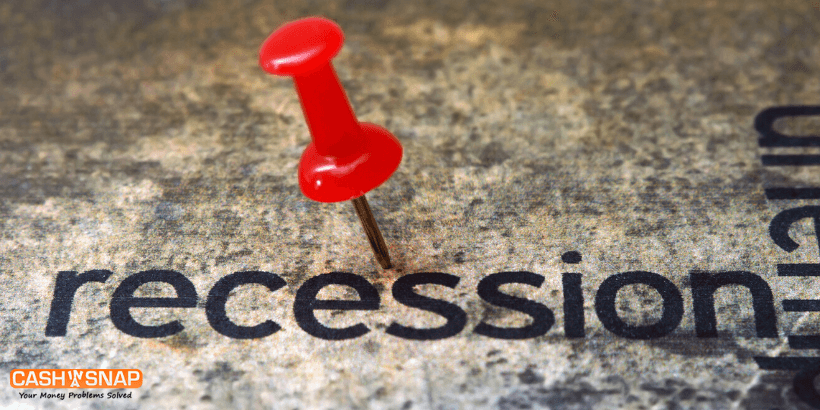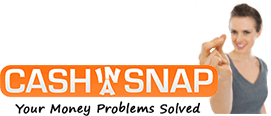Most experts agree that the economy is now in a recession due to COVID- 19. So, it is past time to assess where you are and act as quickly as possible.
When you have high credit card debt and debt in general, it will lower your credit scores. This results in you having to pay higher interest rates for anything that is credit-based, including your home, car, credit cards, or any other debts that are paid overtime.
Most people just feel overwhelmed when dealing with a lot of financial debt and are not sure where to start to solve the problem. Here are a few ideas that may help you get started and act and, most importantly, take control of your financial debt.

You need to gather this information to begin the process of controlling your debt and meeting your financial challenges:
- The amount owed for each debt
- The minimum payment for each debt
- The interest rate of each debt
- Payment due date for each debt
Now, write it down in an organized way or enter it into a simple spreadsheet to be able to quickly see everything you owe. This process may surprise you as most of us forget certain bills or debts we have and do not see the totals either. We just focus on the bill that is right in front of us at any moment in time.
Once you compile this information, there are a couple of ways to reduce your debts and take control of your finances.
What is the debt snowball method?
This method does not save you as much money but does result in quicker victories and gives you the confidence that you can take control of your debts. With this method, you pay off your debt, starting with the lowest balance debt first. You ignore the interest rate of the debt. You pay as much as you can to eliminate the debt completely, and starting with smaller debts enables you to do so. You will quickly gain confidence that you can do it again and again.
What is the debt avalanche method?
With this method, you make minimum monthly payments on all your debts except the one with the highest interest rate. Then, you pay as much as you can to pay off the high- interest debt until it is zero. This method actually saves you the most money as you are eliminating the debts that charge you the most each month due to high-interest rates. That is why you created the list, including interest rates for every debt.
Once you pay off the highest interest debt, you go to the second-highest interest debt and work on it and continue from highest to lowest interest debt until all are paid off.
If one of your debt issues is student loans (specifically federal student loans), you may be able to switch to an income-based repayment program or defer payments. Due to COVID, there are relief programs you can take advantage of that may not be there in the future. Any extra breathing room you can get is good. Student loans are of lower interest, so any payment deferrals could go straight to paying your high-interest debts, which in turn will save you every month going forward.
Do not forget about your other ‘regular’ bills and expenses.
When you are laser-focused on your debts and paying them off, it is easy to forget about those other bills you get every month like cable, electricity, sewer/water, and rent or lease. Missing a utility payment or several could result in having it shut off. In turn, you could face hundreds of dollars in penalties, fees, new deposits, and restart fees. Sometimes more than many months of actual payments.
Having checks outstanding that may bounce if you are not paying attention can also create a new financial challenge. NSF fees are $35 per check, so having just 4 small checks bounce can cost you $140… potentially more than the actual checks themselves.
There are also many free financial advisory services available in most communities and online that can assist you in getting started and staying on track. Do not be afraid to ask for help. Take the first step in gaining control of your financial debts and one of the biggest stressors in your life and that of your family too!


